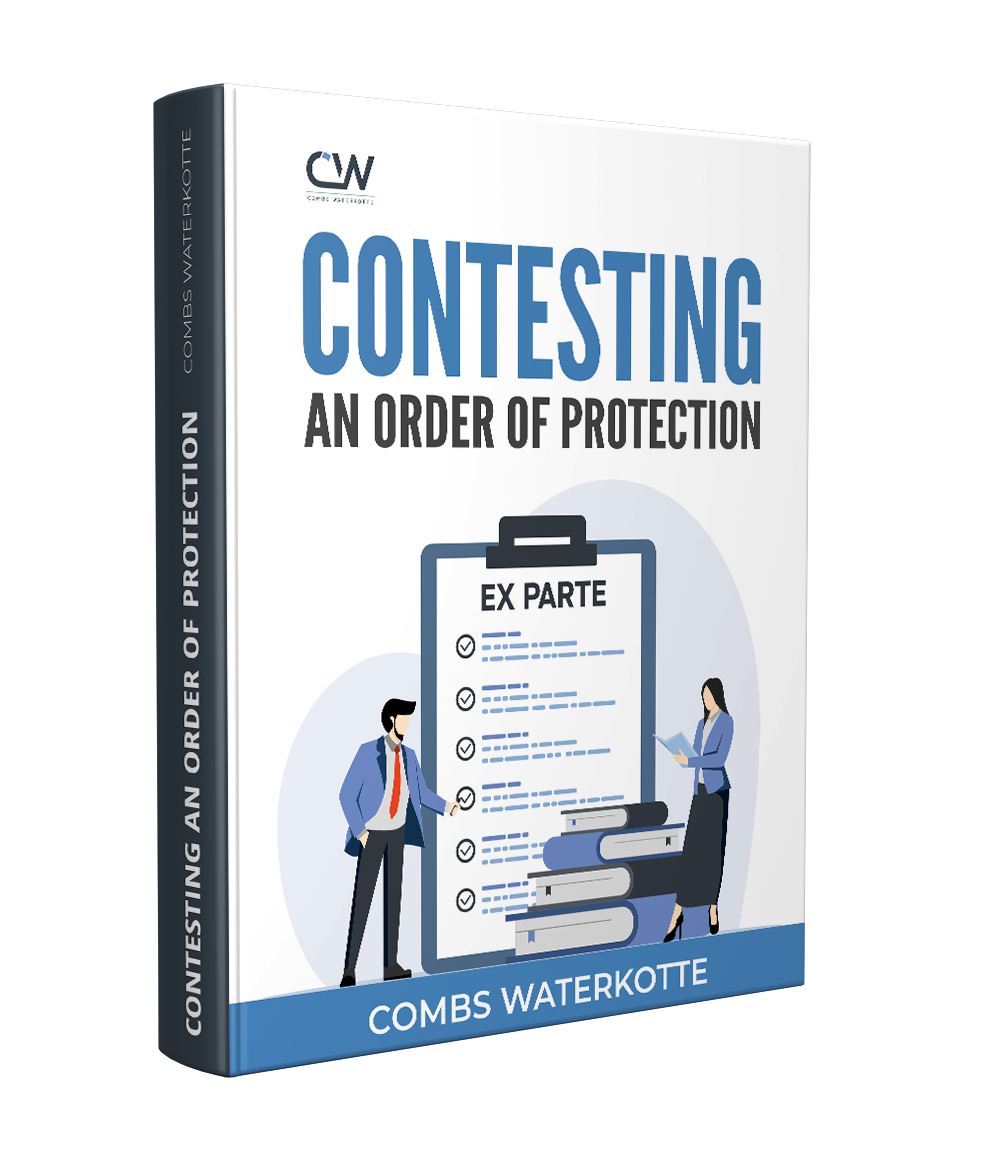
What Is a Federal Crime Under Missouri and U.S. Law?
Federal crimes are offenses that violate U.S. laws passed by Congress and are prosecuted by the U.S. government in federal court. Unlike state crimes, which are handled in Missouri state courts, federal crimes fall under the jurisdiction of agencies like the FBI, DEA, IRS, ATF, and the U.S. Attorney’s Office.
Most federal offenses involve matters that cross state lines, affect interstate commerce, or occur on federal property. These cases tend to be complex, with serious penalties that can include long prison sentences, large fines, and mandatory minimums.
What is a federal crime? A federal crime is any criminal act made illegal by federal statute, as opposed to state law. These include white-collar crimes, major drug offenses, weapons charges, internet and cyber crimes, immigration violations, and more.
What makes a case go federal? A case becomes federal when the conduct violates federal law, involves federal property, crosses state lines, or is investigated by a federal agency.
How serious is a federal crime? Extremely. Most federal crimes are felonies, and federal prosecutors have more resources and higher conviction rates than most state-level agencies. A conviction can result in mandatory prison time, asset forfeiture, and loss of civil rights.
Common Federal Charges Our Missouri Federal Lawyers Defend
At Combs Waterkotte, our federal criminal defense lawyers represent clients across Missouri in high-stakes federal prosecutions. These cases often involve complex investigations, overlapping statutes, and aggressive government tactics. Below are the most common types of charges we defend:
Drug and Firearm Offenses
- Drug trafficking and possession with intent to distribute: Federal drug charges often carry mandatory minimum sentences based on quantity, type of substance, and criminal history.
- Conspiracy to distribute drugs: Even if you never touched the drugs, you can be charged based on alleged involvement in a broader conspiracy.
- Federal firearms violations: These include possession of a firearm by a prohibited person, firearms trafficking, or using a gun during a drug offense.
White Collar and Financial Crimes
- Wire fraud, mail fraud, and bank fraud: Federal prosecutors often bring sweeping fraud charges in financial cases — especially those involving electronic communication or interstate transactions.
- Tax evasion and IRS investigations: These cases involve failure to pay taxes, filing false returns, or other schemes uncovered by the IRS.
- Embezzlement and misappropriation of funds: Common in both private-sector and government-related settings, these charges carry serious restitution and prison exposure.
- RICO and racketeering charges: Used to target alleged criminal enterprises, these charges allow the federal government to prosecute a wide range of conduct under conspiracy or enterprise theories — often sweeping in multiple defendants and predicate offenses.
Cyber and Technology Crimes
- Credit card fraud and check fraud: These cases often fall under 18 U.S.C. § 1029 when they involve access device or interstate use.
- Computer hacking and cybercrime: Violations of the Computer Fraud and Abuse Act can include unauthorized access, phishing schemes, or digital data theft.
Immigration and Human Trafficking
- Immigration fraud: Includes marriage fraud, visa fraud, and use of false documents during immigration proceedings.
- Human trafficking: Involves alleged coercion or exploitation of individuals for labor or commercial sex, with steep penalties under 18 U.S.C. § 1591.
- Child exploitation and pornography charges: These charges carry mandatory minimums and long prison sentences. Federal agents often investigate online activity, file sharing, or device-based evidence under laws like 18 U.S.C. §§ 2251–2252.
Crimes Against the Government
- Espionage and national security violations: These cases often involve classified material, foreign entities, or defense information.
- Bribery, perjury, and obstruction of justice: Federal officials aggressively prosecute interference with public duties or legal processes.
- Public corruption and abuse of office: Includes misusing government authority or accepting illegal gratuities or kickbacks.
If your case doesn’t fall into one of these categories, our Missouri federal crime defense attorneys can still help. Reach out now for a confidential review with our Missouri federal crimes defense attorneys.
Federal Felony and Misdemeanor Penalties in Missouri
Federal sentencing is governed by the United States Sentencing Guidelines and can include prison time, probation, fines, forfeiture of assets, and supervised release. Sentences are often more severe than those in Missouri state court — especially when mandatory minimums apply. Below is an overview of federal crime classifications and potential penalties:
| Federal Classification | Potential Sentence |
|---|---|
| Class A Felony | Life imprisonment or death |
| Class B Felony | 25 years or more |
| Class C Felony | 10 to 25 years |
| Class D Felony | 5 to 10 years |
| Class E Felony | Less than 5 years |
| Class A Misdemeanor | Up to 1 year |
| Class B Misdemeanor | Up to 6 months |
| Class C Misdemeanor | Up to 30 days |
Some federal crimes also include mandatory minimums — meaning the judge has little or no discretion to sentence below a certain threshold. Other factors that influence sentencing include your criminal history, cooperation with investigators, and whether anyone was harmed as a result of the alleged conduct.
Defense Strategies From a Missouri Federal Crimes Lawyer
Federal prosecutors have enormous resources and often build their cases over months or even years before making an arrest. That means your defense needs to be proactive, strategic, and grounded in a thorough understanding of federal procedure. Our Missouri federal crimes lawyers craft individualized defense strategies that challenge the government’s evidence and protect your constitutional rights at every stage.
- Challenging illegal searches and seizures: If federal agents violated your Fourth Amendment rights, key evidence may be thrown out — and your case could fall apart.
- Asserting your right to remain silent: We ensure any statements made under coercion or without counsel are suppressed.
- Disputing intent or knowledge: Many federal crimes require proving that you acted knowingly or willfully. We challenge the government’s ability to meet that burden.
- Fighting conspiracy allegations: Federal prosecutors often use conspiracy charges to tie multiple people together in a single case. We examine your actual involvement and push back against guilt by association.
- Entrapment and government misconduct: If you were pressured or manipulated into committing a crime you otherwise wouldn’t have, we may argue entrapment or outrageous government conduct.
- Suppressing unreliable evidence: From digital data to forensic reports, we challenge the admissibility, accuracy, and source of every piece of the prosecution’s case.
- Negotiating favorable outcomes: In some cases, we may negotiate a plea to lesser charges or advocate for sentencing alternatives that protect your future.
Whether you're under investigation or already indicted, the sooner you contact a federal defense attorney, the more options you may have. Reach out today to learn how we can start protecting you now.
































